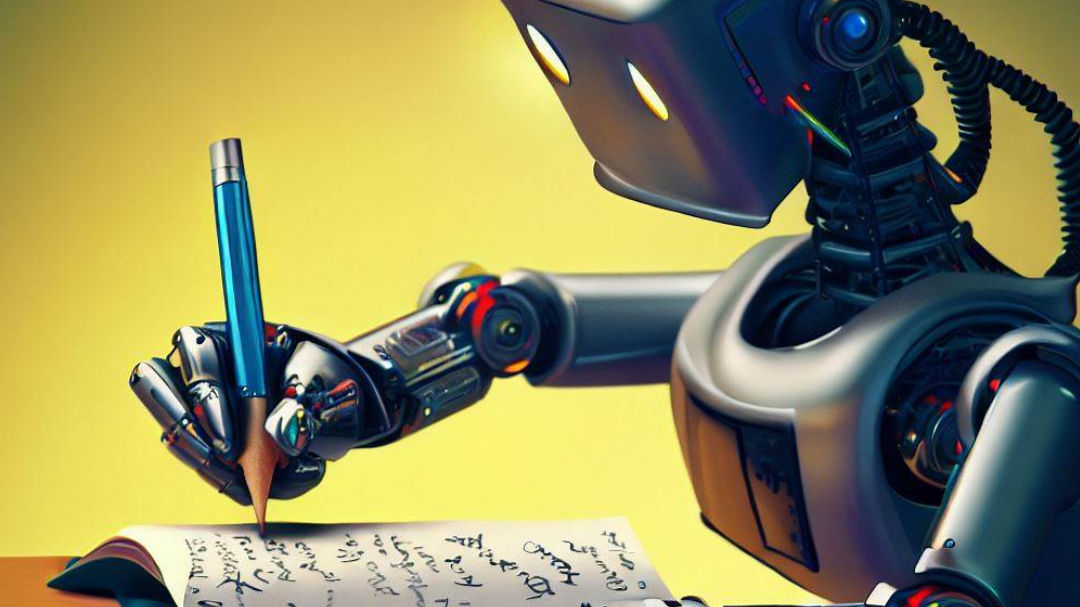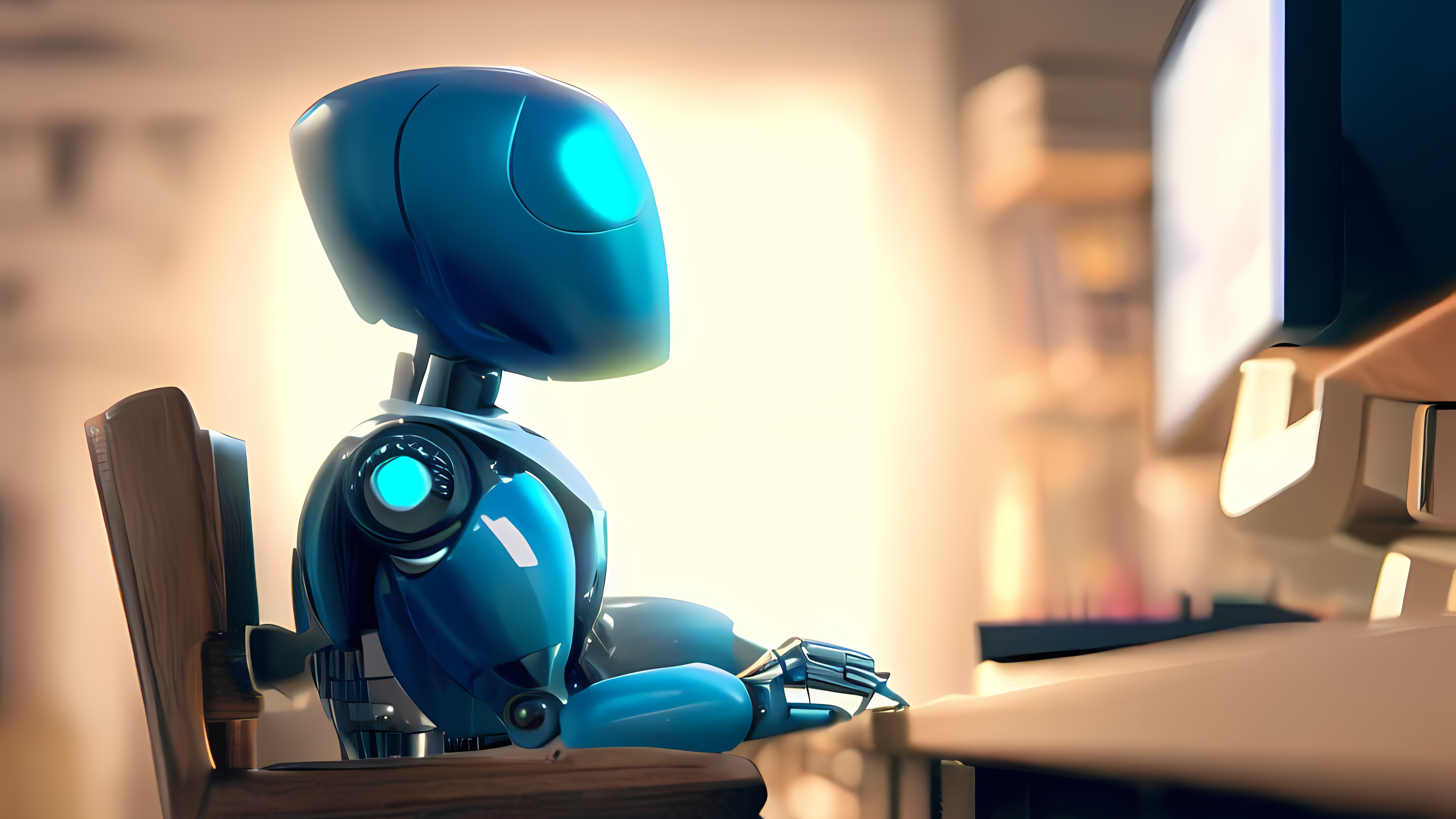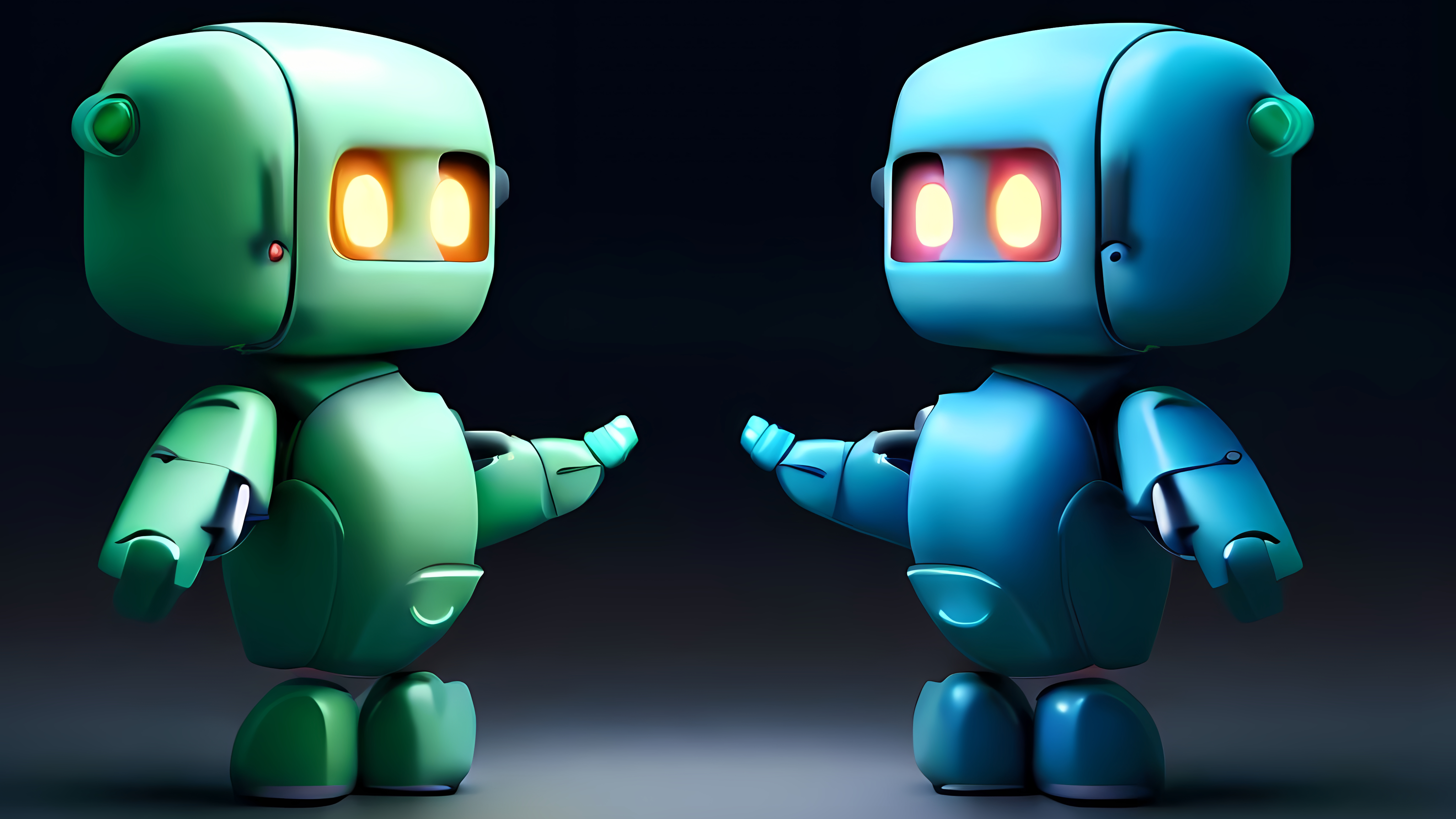ChatGPT-written books with ChatGPT-written fake reviews are flooding Amazon
Amazon’s Kindle Publishing platform does not require sellers to disclose when a product was created with AI sources such as ChatGPT or Midjourney.

All the latest news, reviews, and guides for Windows and Xbox diehards.
You are now subscribed
Your newsletter sign-up was successful
What you need to know:
- AI generators such as ChatGPT and Midjourney are being used to produce books and fake reviews that are flooding Amazon’s storefront.
- ChatGPT is listed as a co-author on hundreds of books, but many more books are ghost written by the software and undisclosed.
- AI is trained on art and written datasets that may be taken without the original creator's consent, sparking concerns about plagiarism and copyright infringement.
For many creatives becoming a published author can seem like a pipe dream. The internet has widely revolutionized how writers can get their works into the hands of eager readers, but even with advances in tech, the task of getting a novel published into a tangible book that people can purchase was no easy feat. That was until Amazon’s Kindle Direct Program gave authors a new path to self-publishing. Amazon’s KDP system allows anybody to publish a book with very little overhead. Anything from a coloring book to a lengthy fantasy tome can be published via Amazon KDP. This low barrier of entry has led to a unique problem for Amazon as AI-generated content has begun to effectively flood the market.
Hundreds of books that list AI counterparts such as Bing Chat, ChatGPT, or MidJourney as co-authors or illustrators have found their way to Amazon’s marketplace. While listing AI as a co-creator is a possibility, there is currently no requirement in Amazon’s content policy that dictates AI must be listed when it has been used to generate a book. The content guidelines do state that Amazon will not accept content that is freely available on the web unless it is provided by the owner of the copyright, but there are no further details on how that may be enforced in a scenario where a book generated by AI content is listed.

AI generators such as ChatGPT and Midjourney rely very heavily on scraping existing datasets of art and written works to produce responses to prompts input by users. There has been no shortage of public discourse between creatives and AI users on whether or not the works generated are in fact plagiarized or otherwise violations of intellectual property and copyright laws. Despite their content guidelines strictly forbidding plagiarism, Amazon has seemingly taken the side in favor of AI-generated content by allowing sellers to hide whether or not their books are written by humans or AI.
Individual sellers of AI-written and illustrated content are not the only ones to benefit from this lack of transparency, either, as a number of publishers have also embraced AI book sales on Amazon’s storefront. Sales of these books are further bolstered by a flood of fake 5-star reviews that are similarly generated with the help of AI.

Despite not having a transparent clause regarding AI-produced books in their content policy, Amazon has in the past removed AI-written content. Chris Cowell, a software developer who spoke to The Washington Post, detailed having written a how-to book on a niche technical topic only to discover a book on Amazon with the exact same title. That book had been generated entirely by AI and attributed to a seemingly fake author. The entire experience left Cowell hesitant to continue writing, not only out of fear of losing out on sales but because he was aware that any future writings could inevitably be used to further train AI to produce more low-quality content and competition.
Amazon removed the copycat listing in Cowell’s situation, but an ever-growing minefield of AI-written books continues to clutter the service. There are concerns that, with time, the contents of these books will be filtered back through AI as training samples which will then be used to churn out more AI-written books with AI-written reviews that risk further skewing the algorithms.
All the latest news, reviews, and guides for Windows and Xbox diehards.

Cole is the resident Call of Duty know-it-all and indie game enthusiast for Windows Central. She's a lifelong artist with two decades of experience in digital painting, and she will happily talk your ear off about budget pen displays.
